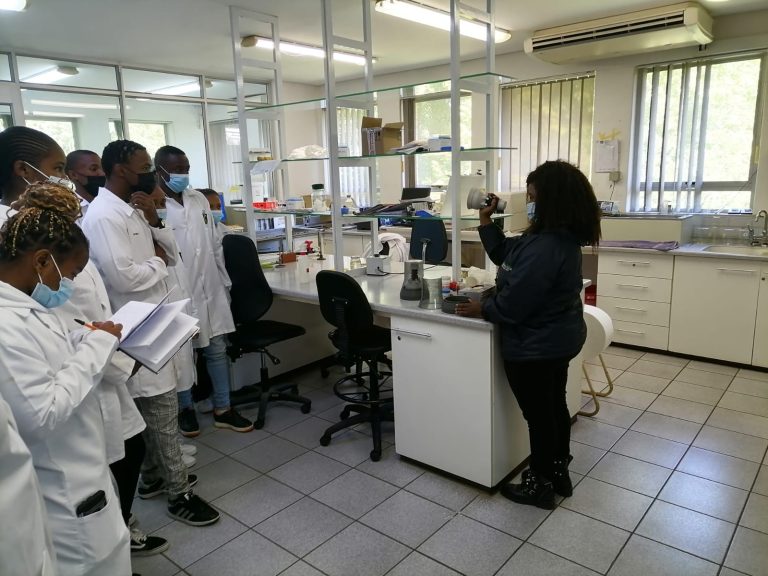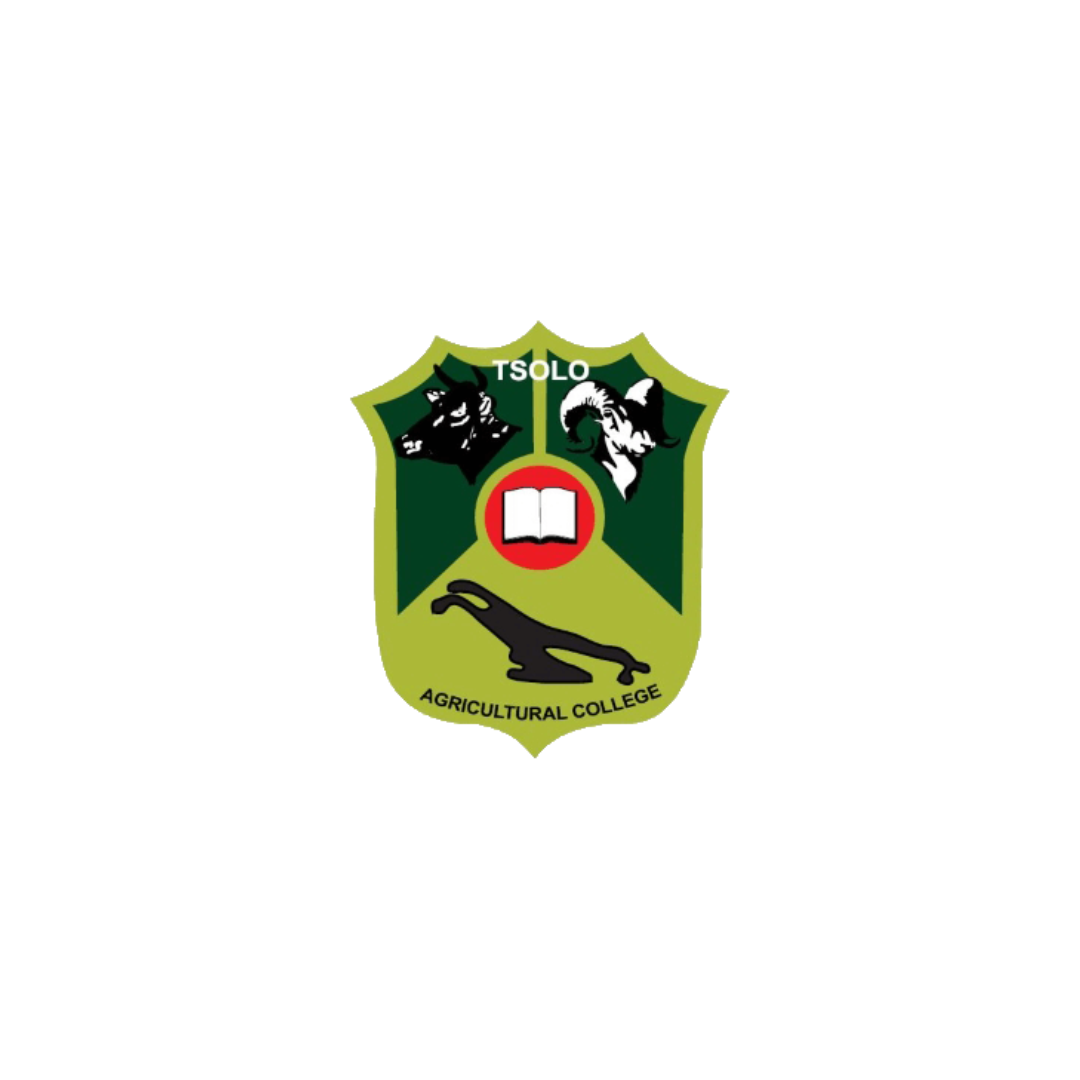Academics
How To Apply?
- Download the application form
- Fill out all the details
- Click upload and send your application
Frequently Asked Questions
Is the program accredited or recognized by relevant professional organizations?
Accreditation or recognition by relevant professional bodies ensures that the program meets industry standards. Check with the institution for accreditation details.
TARDI is registered with the SAVC and authorised by the SAVC to perform certain functions of an animal health technician.
What topics or courses are covered in the animal health diploma curriculum?
The curriculum often includes courses in animal anatomy, physiology, nutrition, diseases, pharmacology, veterinary practices, and practical hands-on training.
What career opportunities are available after completing the animal health diploma?
For graduates with a deep passion for animal care and welfare, the field of veterinary medicine offers a myriad of career paths. One option is to become a veterinary assistant, providing essential support to veterinarians in the compassionate care of animals. Alternatively, graduates can pursue roles as animal health technicians, engaging in diagnostic tests, treatment of illnesses, and performing crucial medical procedures. Those with an entrepreneurial spirit can venture into independent practice, offering valuable services to pet owners. Beyond clinical roles, opportunities abound in research, teaching, policy-making, and animal advocacy within the veterinary industry. Whether one envisions specializing in a specific animal species or desires a broader focus in general animal medicine, the field provides a diverse range of opportunities for exploration and professional growth.
Send us your application.
Do you want to study at TARDI?
Submit your application
Qualification:
Diploma in Animal Health
Duration (Full Time) :
3 Years
Credits:
360
NQF Level :
6

A diploma in animal health is a specialized educational program that focuses on providing students with the knowledge and skills needed to care for the health and well-being of animals. This program typically covers a range of topics related to animal anatomy, physiology, nutrition, diseases, and healthcare.
Students in a diploma program in animal health often learn about the principles of veterinary medicine, animal husbandry, and preventive care. The curriculum may include courses on animal behavior, pharmacology, diagnostic techniques, and basic surgical procedures. Practical hands-on training may be a significant component, allowing students to gain experience in handling and treating various animals.
Upon completion of the diploma, graduates may pursue careers as veterinary assistants, animal health technicians, or work in related fields where their knowledge of animal health is valuable. This type of diploma can be a stepping stone for those interested in furthering their education and becoming veterinary nurses or pursuing other roles within the broader field of veterinary medicine.
#Rules of Admission
The applicant must have a National Senior Certificate (with a bachelor pass).
The applicant must have achieved a minimum of 24 points in total. The points equal the level for each subject on the certificate (e.g. English level 4 = 4 points), (Excluding Life Orientation)
The applicant must not have more than one subject at level 1 if was registered for seven subjects, or not more than two at level 1 if was registered for more than seven subjects at matric.
The applicant must have a pass in English at level 3 or higher.
The applicant must have a pass in Mathematics at level 3 or higher.
The applicant must have a pass in Life Sciences or Physical Sciences at level 3 or higher.
#Ranking Criteria
All applications that meet the minimum requirements will be ranked according to the following criteria.
Level 4 or higher in Mathematics.
Level 4 or higher in English.
More than one science subject on the National Senior Certificate.
Subject to the provisions of the Council of Higher Education Act and the South African Veterinary Council requirements for Animal Health Technicians, the following in consultation with the Department of Rural Development and Agrarian Reform shall determine admission to the institution. The principal aim of the Admissions Policy of the Tsolo Agriculture and Rural Development Institute is to offer admission to students of the highest intellectual potential, irrespective of social, racial, religious and financial considerations.
Furthermore, TARDI aims to ensure fairness that each application is individually assessed, without partiality or bias, in accordance with the policy on Equity, and to ensure that, as far as possible, an applicant’s chance of admission to TARDI depends solely on merit. Once students are admitted, we endeavour to deliver a unique TARDI experience by giving academic, personal and, where appropriate and possible, financial support necessary for successful completion of the three year course at TARDI. Admission means approval to report for registration at the Institute as a student, irrespective of whether or not the prospective student has previously been registered as a student at the Institute.
